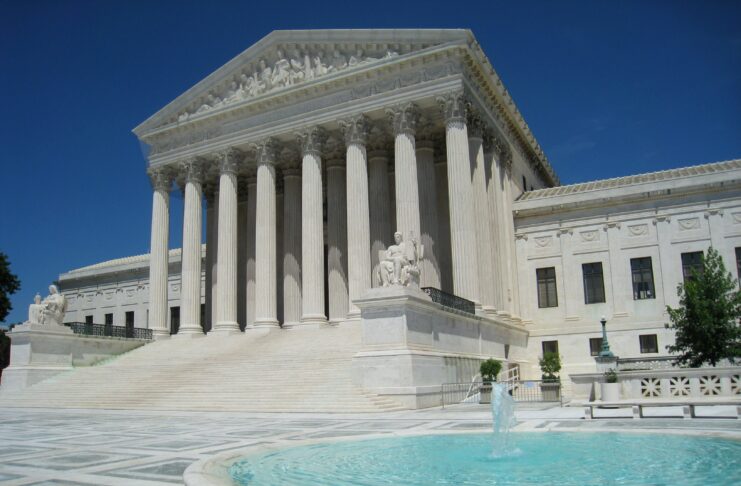By a 6-3 margin, the United States Supreme Court rejected the independent state legislature theory, ruling state courts have the power to review election laws and maps enacted by state legislatures.
The theory claims courts don't have the authority to question lawmakers on election laws for federal contests.
The ruling was a particular blow to North Carolina Republicans, who argued the North Carolina Supreme Court violated the Elections Clause of the Constitution when it struck down the legislature's congressional redistricting plan.
Writing for the majority, Chief Justice John Roberts stated that the Elections Clause “does not insulate state legislatures from the ordinary exercise of state judicial review.”
Justices Clarence Thomas, Samuel Alito and Neil Gorsuch dissented.
ABC News explains:
Roberts was joined by Justices Sonia Sotomayor, Elena Kagan, Ketanji Brown Jackson, Brett Kavanaugh and Amy Coney Barrett.
In Moore v. Harper, the justices were asked to reinstate the state legislature's gerrymandered voting map after the North Carolina Supreme Court struck it down for violating the state constitution.
At the heart of the case was a controversial legal concept dubbed the “independent state legislature” theory, which contends the Elections Clause of the U.S. Constitution provides state legislators alone the power to govern federal elections unencumbered by traditional oversight from state constitutions, courts and governors.
This is a breaking news story. Click refresh for the latest updates.
READ NEXT: CNN Exec Accused Of Sexual Assault


